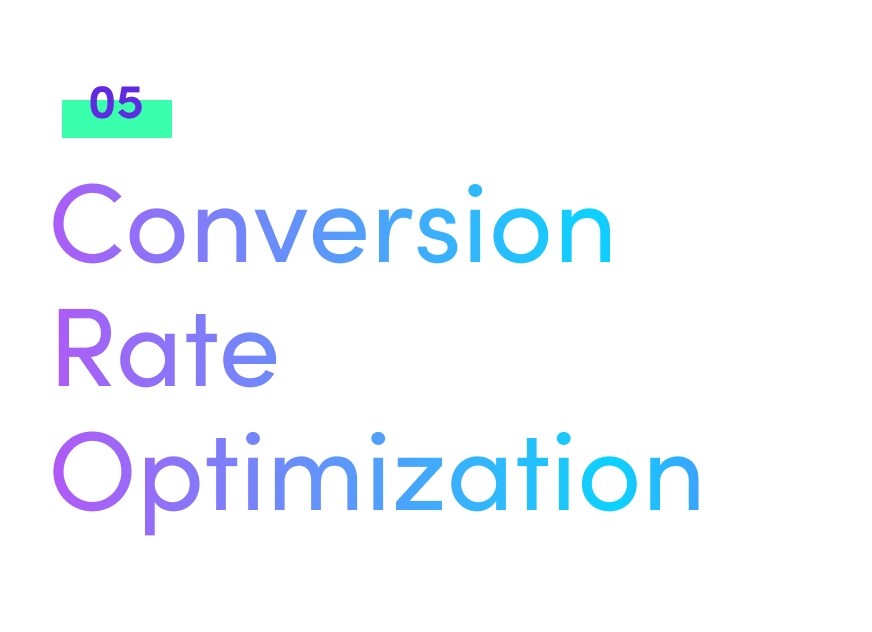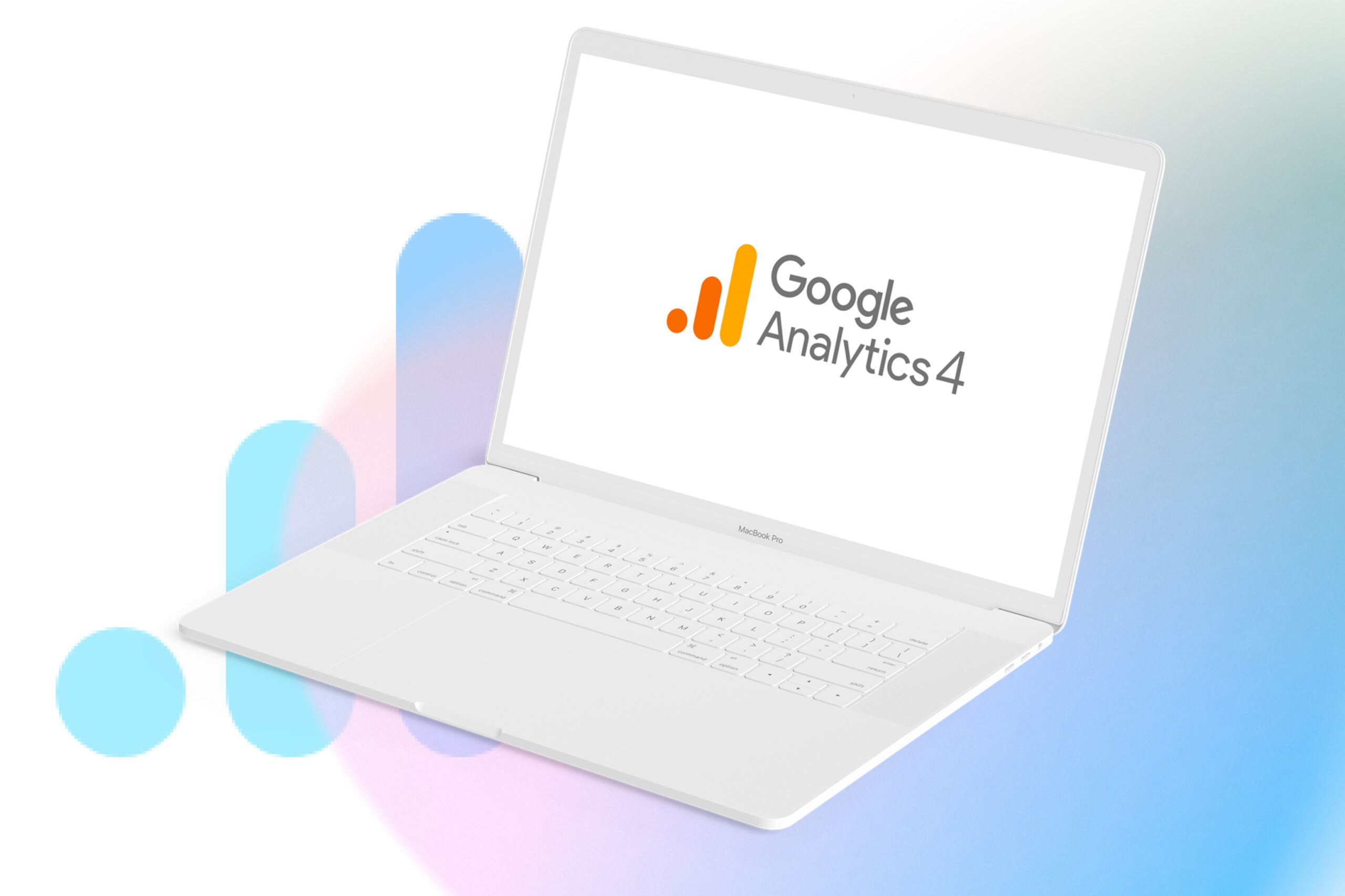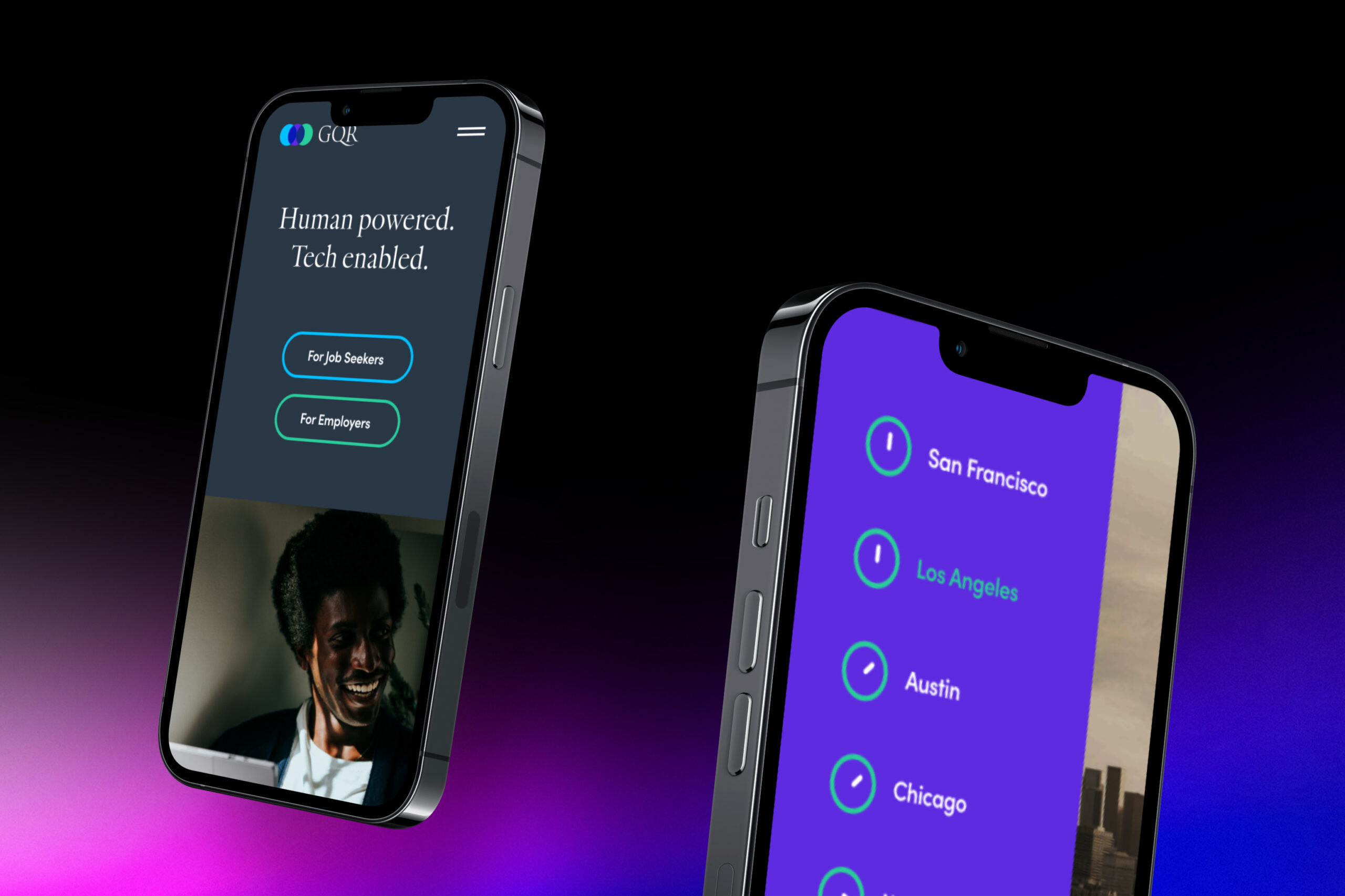Award-Winning Web Design + Digital Agency
Unleash your brands potential.















































Our digital expertise.
/ Awards & Accolades
You’ve finally found the right digital agency that can help you grow.
/ What our client say
Why choose Blennd as your digital agency?
100% Custom Made Designs
Throw away the templates. Experience the precision and artistry of our 100% custom website designs, tailored to reflect your unique brand identity.
Easy to Manage Technology
Streamline your online presence with our easy-to-manage, secure and scalable technology, empowering you to update and maintain your website effortlessly.
Marketing That Converts
Unlock the potential of your digital presence with our marketing strategies, meticulously crafted to drive conversions and amplify your brand impact.
Top-tier web design and digital marketing expertise for game-changing outcomes.
Impactful digital solutions can profoundly transform businesses and the customers they serve. At Blennd, we prioritize your business goals, empowering users and addressing unique challenges to drive progress and unlock potential for your brand. Our approach seamlessly blends creativity and technology to ensure exceptional outcomes tailored to your vision and goals.
About You: You are a forward-thinking individual or organization looking to elevate customer experiences, harness technology for internal efficiencies, or fuel growth through digital strategies, all amidst the complexities of today’s dynamic digital landscape.
About Us: Meet Blennd, your Denver-based partner for web design, development, and digital solutions. We specialize in crafting transformative websites and digital experiences that leave a lasting impact on your audience and propel your business forward.
We believe in well-crafted digital experiences built through strategic foundations, collaborative design and custom development.
Our seasoned web design, web development and digital marketing experts specialize in UI design, UX design, brand strategy, web design, custom web development, search engine optimization (SEO), and conversion rate optimization (CRO) are here to help your business thrive. With nearly a decade of experience and a proven track record of success, our digital agency has helped numerous clients grow and thrive.
Transform your digital strategy to enhance your brand’s online footprint and drive impactful growth.
With our expertise in UI/UX web design, branding, web development, SEO, and CRO, we have the tools and knowledge to elevate your business to new heights. Whether you’re looking to revamp your website, improve your search engine rankings, or optimize your conversions, our team is here to provide tailored solutions that align with your goals.

Work with our digital agency to transform your business with a brand strategy built for growth.
Our strategic approach and branding expertise will help you create a powerful brand identity, clarify your mission and values, and differentiate yourself from competitors, leading to increased recognition, customer loyalty, and business growth.
Transform Your Brand Strategy

Craft engaging user experiences through captivating web deisgn.
Our team of UX/UI experts design visually captivating and user-friendly websites that leave a lasting impression on your visitors, driving engagement, conversions, and customer satisfaction.
Get a Website That Converts

Build a powerful online presence with expert custom website development.
Our experienced local, in-house Denver website development team builds fully functional custom websites that are fast, responsive, and tailored to meet your unique business needs, providing a seamless user experience across devices.
Custom Web Development Services Built to Scale

Boost your online visibility and organic traffic through SEO and paid media.
Our SEO experts and marketing consultants will optimize your website, conduct thorough keyword research, and implement data-driven strategies to improve your search engine rankings, increase organic traffic, and drive qualified leads to your website.
Work with Search Engine Optimization Experts

Conversion rate optimization that maximizes conversions and drives business growth.
Our local Denver marketing consultants and CRO experts will analyze user behavior, conduct A/B testing, and implement effective optimization techniques to increase conversion rates, maximize the value of your website traffic, and boost your bottom line.
Supercharge Your Conversion Rates
Are you ready to take your website and digital strategy to the next level?
Schedule a consultation with our team today and let us show you how we can help transform your website and online presence.
During the consultation, we’ll dive deep into your business objectives, understand your target audience, and analyze your current digital landscape. From there, we’ll craft a customized strategy that combines creativity, data-driven insights, and industry best practices to deliver outstanding results.
Don’t wait another moment to take your website and digital strategy to the next level. Book a meeting with Blennd today and let’s embark on a transformative journey that will propel your business forward. Together, we’ll make your online presence shine and drive sustainable growth for your brand.
Frequently asked questions about our digital marketing and web design agency.
We get this question a lot. There are many competent Denver web design agencies and countless more throughout the world. This is a saturated industry, making it a formidable challenge to stand out from the crowd.
So, what sets us apart? Firstly, it’s the sheer quality of our expert UX/UI web design work combined with our digital marketing prowess. Blennd provides a combination of creative innovation, data-driven strategies, and a relentless commitment to achieving your business objectives. Our tailored solutions and collaborative approach set us apart in delivering impactful results.
Our digital products and user interfaces are not only visually appealing but also incredibly user-friendly and conversion-driven, effectively showcasing your brand in the best possible way. Additionally, it’s the people behind your project who make a significant difference. Our team consists of a multidisciplinary group of senior UX/UI designers, developers, SEO specialists and digital marketing strategists all led by our co-founders.
But what truly distinguishes us is our fusion of website design and marketing consulting. Unlike a traditional web design agency, we seamlessly integrate web design and digital marketing under one roof on every project. Imagine the collaboration between a UI/UX web design agency and a digital marketing consulting agency—that’s precisely who we are.
We specialize in designing and developing user-friendly digital products like websites, online platforms and mobile apps. We combine expertise in UX/UI design and development to deliver visually appealing and functional digital experiences. We work closely with clients to understand their goals, conduct research, create prototypes, and refine designs. Our aim is to help businesses create engaging digital products that meet user needs and achieve strategic objectives.
User experience (UX) is at the core of everything we do here at Blennd. We started in Denver as a website design agency focused on creating engaging websites, but quickly identified a need to expand our offering to web applications, branding, search engine optimization (SEO) and conversion rate optimization (CRO).
We specialize in a wide range of UX/UI and web design projects, including new product development and redesigning websites, mobile apps, and enterprise software. Our comprehensive services cover user research, product strategy, UI/UX design, usability testing, prototyping, web design, and development.
Our expertise doesn’t stop with the launch of your website. Our clients often leverage our search engine optimization experts and digital marketing experts to drive ongoing results, as we believe that those who designed the product are best positioned to support and market it. As a full-service digital agency, our focus is on creating websites that are not only engaging web experiences consistent with the brand, but that also effectively convert visitors into customers. We recognize that superior UX/UI design for digital products and websites leads to higher conversion rates. That’s why our team of UX designers, web developers, SEO experts and marketing consultants collaborate to develop ROI-driven strategies before embarking on any project.
For example, our recent redesign of the Western Colorado University website yielded outstanding results, with a 40% increase in student applications. With each new project, we strive to push boundaries, explore innovative approaches and drive results. Whether it’s streamlining processes to optimize costs or finding ways to work faster without compromising quality, we constantly challenge ourselves to evolve.
If your business is in its early stages and needs to establish a distinct brand identity, starting with branding is key. Branding goes beyond just logo design. It is important to develop a robust brand strategy that resonates with your target audience, laying the groundwork for future marketing endeavors, including website development and paid ads.
For those with an existing brand identity and website but facing challenges in generating traffic and leads, you will want to prioritize conversion rate optimization (CRO) and search engine optimization (SEO). Optimizing your site for search engines enhances online visibility, attracting qualified traffic and streamlining lead generation.
In cases where you already possess a strong brand identity and a well-optimized website but seek faster results, investing in paid advertising (Google Ads, social media ads, or display advertising) can expedite reaching your target audience and generating leads.
Ultimately, the starting point depends on your business goals, target audience, and available resources. It’s crucial to recognize that branding, website development, SEO and paid advertising are interconnected components of a comprehensive marketing strategy.
Blennd is here to guide you based on your unique situation and objectives, whether you need a branding agency, digital marketing agency, or web design agency. Contact us, and let’s navigate the path to optimal results together.
The most effective marketing tactics depend on your specific goals, but a comprehensive approach encompasses several key elements:
- Search Engine Optimization (SEO): Improve your website’s ranking on search engines to enhance visibility and drive organic traffic, ensuring your brand is easily discoverable.
- Paid Social Advertising: Enhance your social media presence by investing in paid advertising on platforms like Facebook, Instagram, Twitter, and LinkedIn, targeting specific audiences for increased reach and engagement.
- Organic Social Media Marketing: Engage with your audience, build brand awareness, and foster a community through strategic social media campaigns.
- Paid Search / Pay-Per-Click (PPC) Advertising: Reach customers actively searching for products or services like yours through targeted PPC campaigns through search engines like Google and Bing, ensuring a prominent online presence in search results.
- Conversion Rate Optimization (CRO): Optimize your website and marketing strategies to improve the likelihood of converting site visitors into customers, maximizing the effectiveness of your online presence.
- Influencer Marketing: Leverage the reach and credibility of social media influencers to connect with a broader audience and enhance brand visibility.
- Content Marketing: Provide valuable information to your target audience through blogs, articles, videos, and other content formats, driving traffic to your website and establishing thought leadership.
- Email Marketing: Nurture relationships with your customers by keeping them informed of new products, offers, and valuable content through targeted email campaigns.
- Referral Marketing: Incentivize existing customers to refer new customers to your business, tapping into the power of word-of-mouth marketing.
- Connected TV (CTV) Video Marketing: Harness the power of Connected TV to deliver targeted video content to audiences, enhancing brand visibility and engagement in the digital streaming landscape.
Understanding your business goals, target audience, and available resources will help tailor these tactics, including Paid Social, CRO, and CTV video marketing, to suit your brand’s unique needs. Blennd is here to guide you in implementing the most effective marketing strategies for your brand.
A digital marketing and web design agency like Blennd can elevate your brand’s online presence, create visually compelling websites, implement effective marketing strategies, drive targeted traffic, generate leads, and ultimately contribute to the growth and success of your business.
Our approach to a new project is a collaborative journey, ensuring your vision aligns seamlessly with our expertise. The process typically unfolds as follows:
- Discovery: We begin by delving into your goals, target audience, and unique brand identity. This phase involves in-depth discussions to grasp the essence of your project and define key objectives.
- Strategy: With a clear understanding of your needs, we craft a detailed strategy and project plan. This blueprint outlines user experience strategy, tech requirements, marketing strategy, milestones, and resource allocation, ensuring a structured and efficient execution.
- Website Design: Our creative team takes the reins, bringing your vision to life through innovative design concepts. Whether it’s web design, branding, or digital assets, this phase focuses on delivering visually compelling solutions.
- Custom Website Development: Implementation kicks off based on the approved designs. Websites come to life, digital strategies are set in motion, and every element is meticulously developed to meet the highest standards.
- Usability Testing: Rigorous testing is integral to our process. We conduct thorough quality assurance checks to ensure functionality, responsiveness, and seamless user experiences across all platforms.
- Website Launch: The moment arrives to unveil your project to the world. Whether it’s a new website, branding materials, or a digital campaign, we orchestrate a seamless launch to maximize impact.
- Conversion Rate Optimization (CRO): Post-launch, we analyze performance metrics, gather user feedback, and make iterative enhancements. This ongoing optimization ensures your project evolves with the ever-changing digital landscape. We implement strategies to enhance the likelihood of converting site visitors into customers. Continuous refinement is applied to maximize the effectiveness of your project.
- Digital Marketing: Leveraging targeted digital marketing strategies, we amplify your project’s reach and impact. Whether through SEO, paid advertising, or other tactics, we ensure your brand shines in the digital landscape.
Throughout this process, communication is paramount. We maintain open lines to keep you informed, involved, and confident in the progression of your project. Your success is our ultimate goal, and our process is crafted to achieve just that.
If you’re looking for a digital product or web design agency, please send us a message or email hello@blennd.com with a quick summary of your project. We make it a priority to respond right away to arrange an introductory call and address any immediate questions. During our initial conversation, we will delve into crucial aspects of your project, such as goals, target audience, budget, timeline, and other pertinent details. If necessary, we are open to signing an NDA, although please note that all client discussions are treated with the utmost confidentiality.
While many UI/UX design agencies typically charge hourly rates, we strive to provide as accurate a project cost estimate as possible before starting work. Following our call, we may request additional documentation, such as a design brief, project requirements, or examples of past designs. If we are redesigning an existing digital product, we may even propose scheduling a demo or trying it out ourselves.
Following the evaluation of your project, we will promptly send you a comprehensive proposal via email. If needed, we can schedule a video call to guide you through the proposal in detail. Our UX design agency proposal will encompass an extensive description of our UX/UI approach, project phases, activities, deliverables, composition of our design team, and relevant case studies to provide you with a comprehensive understanding of our capabilities.
















